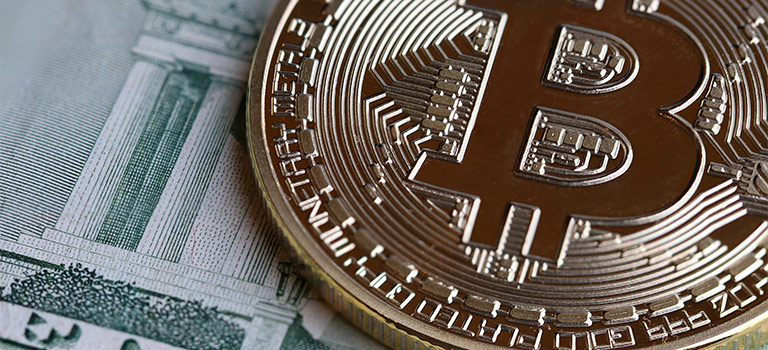Cryptocurrency is a lot of like the sack of beans sold to Jack in ‘Jack and the Beanstalk.’ It is an ordinary looking item, but is said to have magical properties which will lead you to riches. For the enigma Satoshi Nakamoto, the idea of the bitcoin protocol was simple; Create a decentralized digital currency outside of the regulations of central banks. The wild success of Bitcoin has led central banks to wonder if they should participate in the cyrptocurrency game with their own currency called Fedcoin. After all, while volatile, the bitcoin has mostly proved itself possessing of its proclaimed magical properties.
However, governments have struggled with deciding how best to handle it.
Among conversations about regulations or illegality, some think that governments should get in on the action. If they can’t beat cryptocurrency, then they’ll join it. Former Fed governor Kevin Warsh and a finalist for Chairmen of the Fed is among the voices suggesting that the Federal Reserve should begin to view cryptocurrency as more than speculative investment. “Fedcoin” as he calls it would not replace cash. Rather, it would act as a buffer between different cryptocurrencies, while still maintaining connection to USD. The Vice President of the St. Louis Federal Reserve, David Andolfatto argued in a blog post that “the adoption of Fedcoin would have the benefits of providing sellers and buyers a low-cost P2P transactions across the world, a non-volatile Federal Reserve backed cryptocurrency with a set rate and that blockchain technology would provide a more effective way to stop fraud and counterfeit.”
Do we need Fedcoin?
While Fedcoin is an exciting idea, it is unknown whether the government can manufacture their magical bean. The first argument against Fedcoin would be that it defeats the purpose of cryptocurrency, which is to decentralize currency. Cryptocurrency purists have claimed that Fedcoin is merely a way for the Federal Reserve to reassert its monopoly over monetary policy, and when Kevin Warsh makes statements like, “Congress gave the Fed a monopoly over money a… as a purely defensive matter I wouldn’t want somebody to take that monopoly from me,” then who can say that they’re wrong?
But the most persuasive argument against Fedcoin is simply “do we need it”. And the answer is, not really. Fedcoin would be cool, but it wouldn’t create that much of a significant difference compared to the current infrastructure, Fedwire. Fedwire was established shortly after the Federal Reserves creation. It was a network of telegrams until the 1970s when new technology began to circulate. However, fedwire is a robust system with many redundancies. Fedwire did 152,649,633 transfers in 2017. If we were to implement Fedcoin, it would slightly more secure because the blockchain could store data outside of the USA. However, it would take time to build the protocol. It would also take time to implement it. Plus, you have to inform the public of how to use it. This makes Fedcoin too much work for to little gain.
Tags: Bitcoin, Fedcoin, Federal Reserve, Fedwire


